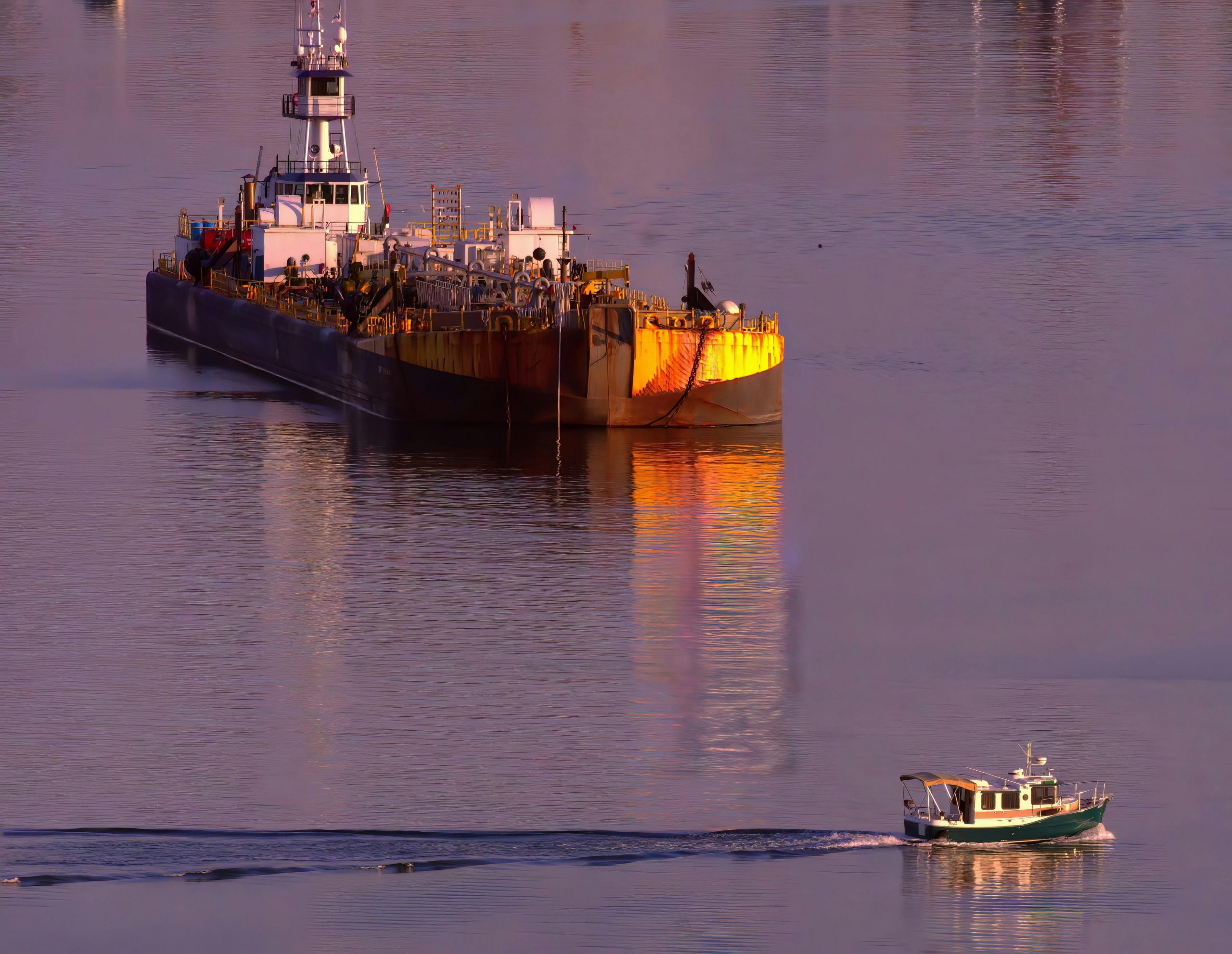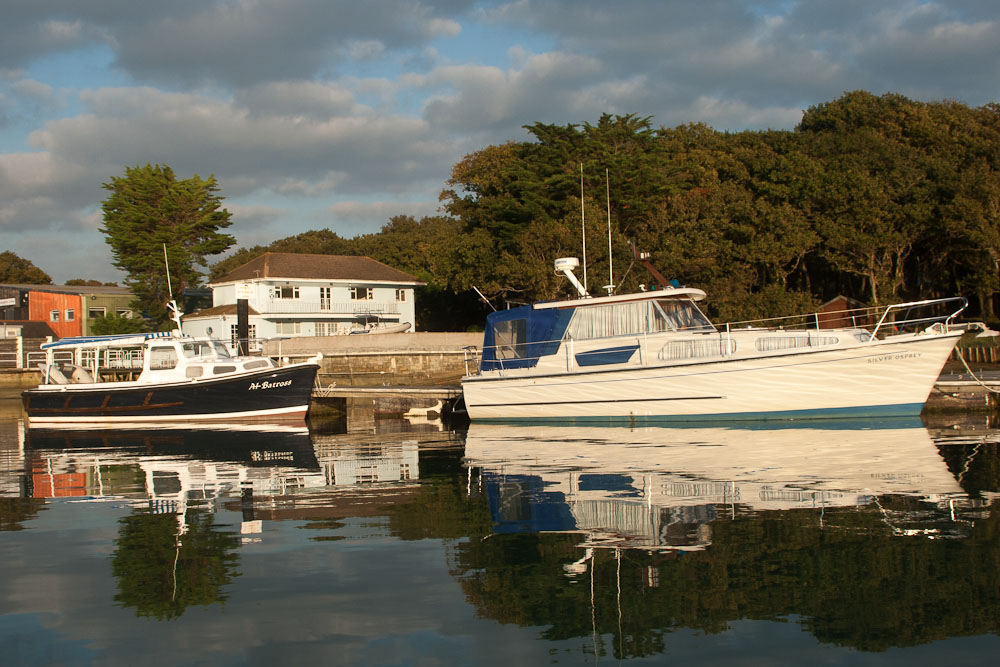Wherever you’re sailing to, you’ll need water. From drinking to doing the dishes, each boat, and each boater, will have its own water demands and capacities. Particularly if you’re cruising or relying on water-intensive appliances, you’ll want to maximise the amount and quality of water you collect and store on board – and minimise how much you use. Here’s how!
Sweeten the seas with a watermaker
If you have the budget, time and patience, it can be tempting to fit your boat with desalinators: systems that turn seawater into drinking water. However, these also consume power and can be difficult to install and maintain (requiring ‘pickling’ while not in use, especially in warmer climates). The most common kinds are small-to-medium DC systems that run directly off batteries, AC units that run on shore power (though beware: treating marina water can damage water systems) and units that run on engine power. For true eco-warriors, hand-operated devices can produce around five litres per hour – but they may make you sweat that much in the process, too.
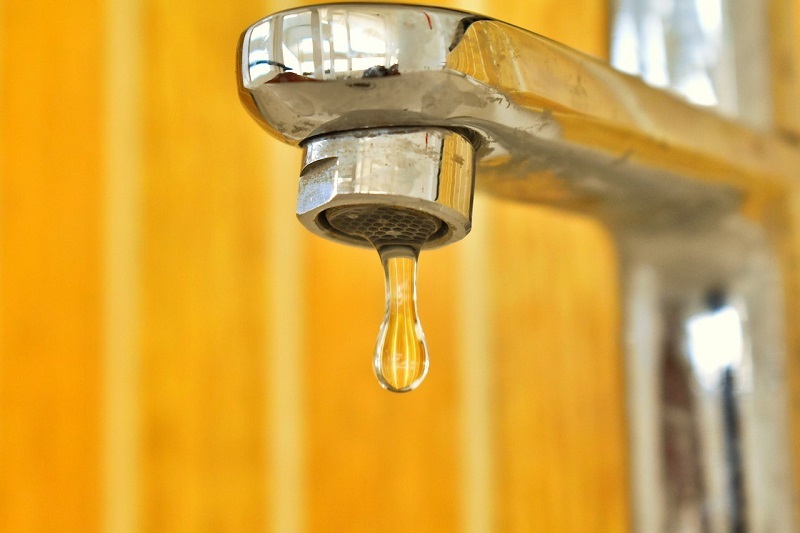
Make it rain: collectors on awnings, panels or decks
Of course, freshwater literally falls from the heavens! Where rain is fairly predictable, collection systems can quite easily be installed, and are the most cost-efficient and sustainable sources. Tubes securely fitted to low points in your awning or bimini top are fairly reliable. Solar panels also make surprisingly good collectors. Finally, some people even take advantage of well-draining decks (especially those with toe rails) to filter rainwater right off their boats! Just add water: all of these, of course, require rain – and tend to function best at harbour.
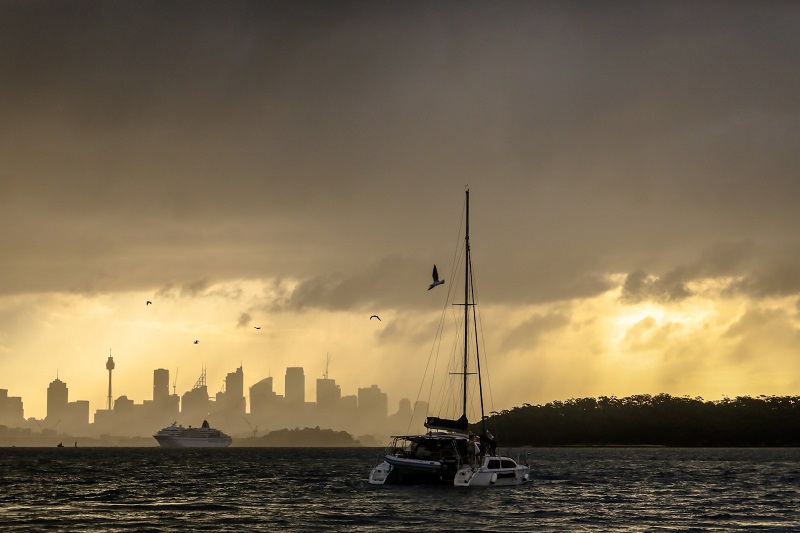
Water tanks
Wherever it comes from, your water will need storing in tanks – emphatically not to be confused with your fuel, greywater or waste tanks! These come in many shapes, sizes and materials: stainless steel, aluminium, polyethylene or flexible fabric. Each has different pros and cons. Generally speaking, the more tanks, the better: if you’re on a long journey, you don’t want to risk one contaminated tank spoiling your whole supply. See what comes built in before you buy, and consider installing extras for long trips or if you run water-intensive devices. Of course, you’ll also need pumps, and don’t forget that sensible placement is key: centrally located or twin tanks will avoid balance issues.
Cleaning and maintaining your tank
Issues with funky-tasting or, worse, contaminated water can be avoided by regular cleaning and maintenance. The best ways to do this will depend on your tank and location: metal tanks can rust; tanks in hotter climes can breed algae, mould and bacteria within one season; and colder locations will require winterising pipe systems with antifreeze. For severe contamination, chlorine bleach solutions may be needed; lemon and lime juice can also help in case of poor water quality. In any case, it’s advisable to fit systems with convenient drainage options, routinely replace filters and screens and regularly treat, flush and drain your system.
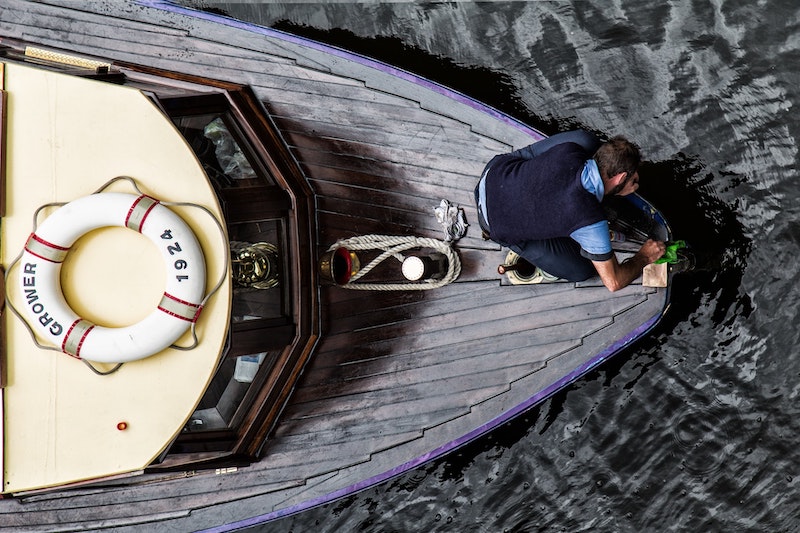
Saving water
You don’t have to be a determinedly sustainable boater to want to avoid excessive water usage. Everyone has their creature comforts, but some devices such as washing machines and dishwashers will guzzle much greater quantities. These are considered luxuries for a reason: most of us make do with handwashing or saving the dishes for onshore facilities. Similar for showering: avoid draining your tanks by showering ashore, or swim in the sea and then rinse on deck with your external shower. (Marine soap is highly recommended for washing in saltwater and reducing environmental impact.) For most trips, bottled water will suffice for drinking and cooking, while the seawater all around you often works for rinsing fresh produce, dishwashing – even cooking, if clean enough.
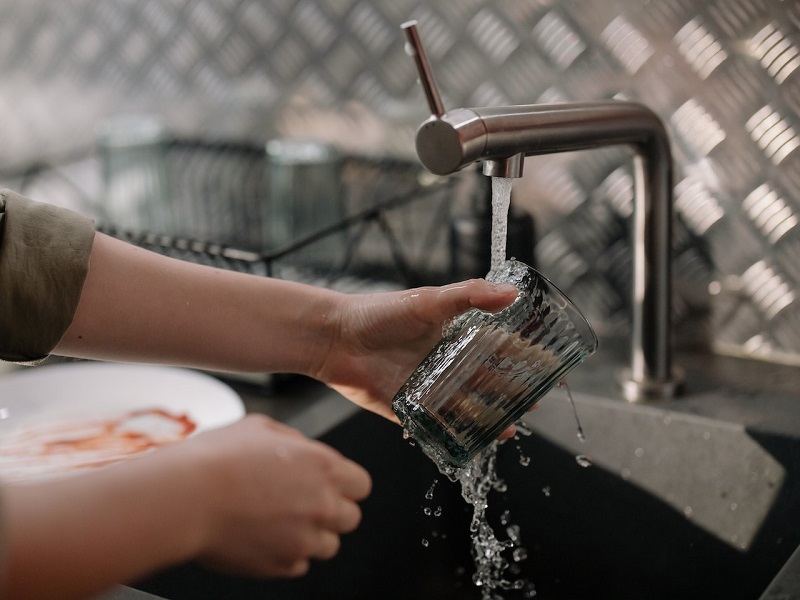
However your ideal water system, building it yourself can be an ambitious project, so hit the ground running and find a boat with the best facilities for you.
Image credits:
Nithin PA via Pexels; Benjamin Williams via Unsplash; Vince Russell via Unsplash; cottonbro via Pexels
